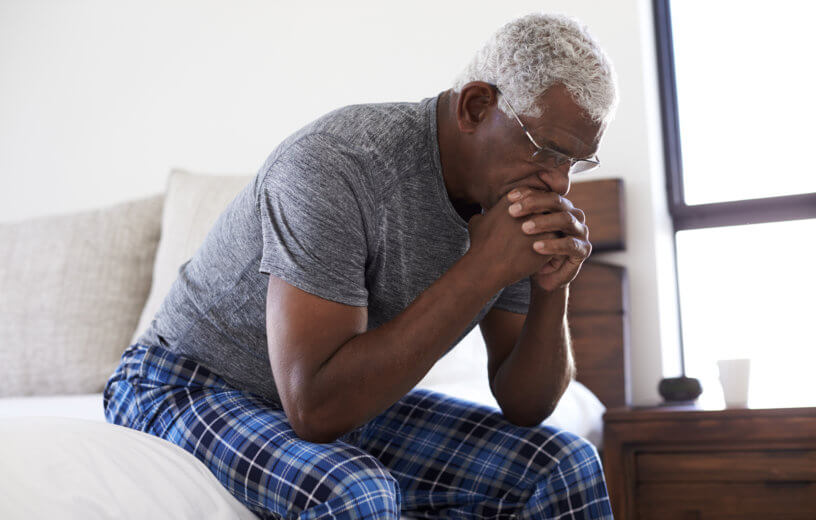SALT LAKE CITY, Utah — Depression can be a difficult subject to talk about, even when people aren’t isolated by the coronavirus pandemic. For older generations, mental health concerns are often not viewed the same way as other illnesses. A new survey finds more than six in 10 American seniors who are concerned they’re suffering from depression won’t seek treatment. One third of this group believe they’ll “snap out” of their mental health issues on their own.
The nationwide poll, which is part of the GeneSight Mental Health Monitor, reveals 61 percent of Americans who think they have depression won’t get help because the “issues aren’t that bad.” Nearly four in 10 people (39%) think they’ll manage without a doctor’s care.
“The ‘pull yourself up by your bootstraps’ mindset of some seniors and reluctance to talk about mental health are hindering them from getting the help they need – especially now when the pandemic is having an enormous impact on the mental health of older Americans,” says Dr. Mark Pollack, chief medical officer of Myriad Neuroscience, in a media release. “People will seek treatment for conditions like heart disease, high blood pressure or diabetes. Depression is no different. It is an illness that can and should be treated.”
Making it easier to find a helpful medication for depression
Researchers say talking about depression is still taboo for many older Americans. Despite not wanting to discuss their issues, a third of adults over age 65 who believe they’re depressed add the symptoms interfere with their relationships and their ability to enjoy life.
“In my experience, there is a commonly held view that depression is a normal part of aging; it is not,” explains Dr. Parikshit Deshmukh, CEO of Balanced Wellbeing LLC. “I’ve found older adults have a very difficult time admitting that they have depression. When they do acknowledge it, they are still reluctant to start treatment for a wide variety of reasons.”
“There is such a stigma about depression among people my age,” adds Carmala Walgren, a 74-year-old from New York. “I am proof that you do not have to accept living with depression. Although it may not be easy to find treatment that helps you with your symptoms without causing side effects, it is certainly worth it.”
Walgren is a participant using Myriad Neuroscience’s GeneSight test. It provides physicians with information about possible negative reactions that medications could have with a patient’s genes. GeneSight is a simple DNA cheek swap test that is helping to eliminate the side-effects antidepressants and other drugs can have; allowing doctors to adjust doses before there’s a problem.
“The GeneSight test made such a difference in my life,” Walgren says. “My doctor has used the test results to find medications that helped me.”
